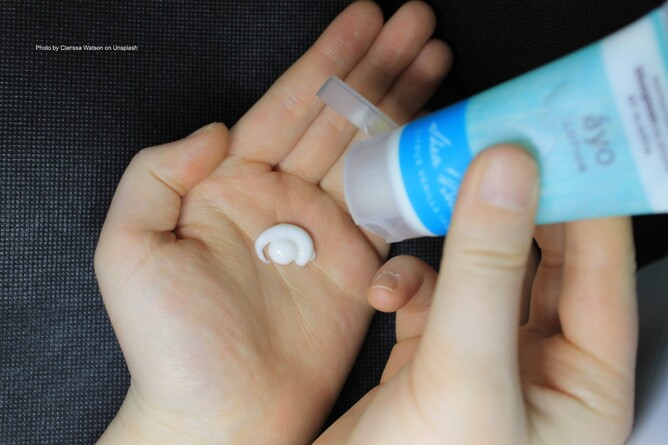Testing products and drugs on animals has been the main method of testing efficacy and danger for many years (since 500BC in ancient Greece – starting with vivisection and developing into experimental surgical procedures and over the time to the more ubiquitous environment that we have today).
However, using human volunteers for testing is an alternative (albeit with ethical issues). Animal experiments often don’t mimic how the human body and diseases respond to drugs, chemicals or treatment, as animals have very different physiology than humans.
Part of the process of creating a successful treatment having first used animals involves clinical drug trials or testing on humans to ensure that the results translate. A 20015 Academic article noted that:
“More than 114 potential therapies initially tested in animals failed in human trials. Further examples of repeated failures based on animal models include drug development in cancer, amyotrophic lateral sclerosis (ALS), traumatic brain injury (TBI), Alzheimer’s disease (AD), and inflammatory conditions.”[1]
There have been successes in using human testing. Some examples are:
· Alzheimers disease was first described in 1906 by studying brain segments from patients after they had died.
· Human population studies led to the discovery that smoking causes cancer (smoking does not cause cancer in mice and rats).
· A German chemist tested the effects of aspirin on himself after an accidental discovery that it helped relieve pain in a patient with toothache.
· An Australian doctor used himself as an experiment to discover the main cause of stomach ulcers. He drank a culture of bacteria and became sick before curing his symptoms with antibiotics.
However, the biggest questions are the ethics of using humans to test new drugs or products.
1. You may recall some of the horror stories of people who have volunteered (for money) their bodies for use in testing, to end up with a brain injury or in a coma. Some examples can be read here: https://www.theguardian.com/society/2006/mar/15/health.medicineandhealth2
2. https://www.theguardian.com/lifeandstyle/2016/apr/22/experience-i-ran-medical-trial-that-went-wrong
Issues can also apply to drugs that have reached the clinical trial stage:
Of course, one of the largest recorded ethical abuses of humans for testing was in Nazi Germany in the concentration camps and also in Japan. When you start researching the bad side of using humans for testing, there are a number of situations that certainly breach medical (and day to day) ethics. Read more here if you want to: https://en.wikipedia.org/wiki/Unethical_human_experimentation
However, as technology develops, the use of humans in drug and product testing is becoming more accessible and ethical.
Advances in technology allow for safer studies of human volunteer studies. Using brain imaging technology that can ‘see inside’ the brain the machines can monitor the progression and treatment of brain disease.
Human volunteers provide a significant advantage by having the ability to speak with researchers and offer additional information during the study in areas such as nutrition, substance abuse and pain management testing.
As opposed to animal testing, human volunteers that donate healthy and compromised tissues via surgery provide a more appropriate way of studying human biology and disease. For example, skin and eye models made from reconstituted human skin and other tissues have been developed to replace rabbit irritation tests.
By donating tissue, alive and deceased donors increase the number of human samples available for research and reduce the number of animal subjects needed. In the past, post-mortem brain tissue has provided important breakthroughs in understanding brain regeneration and the effects of multiple sclerosis and Parkinson’s disease
Another area of using humans is in micro-dosing. This is where very small doses of potential medicines are used in human volunteers – and can often be called ‘Phase 0 clinical trials’. These tests enable pharmaceutical companies a way to get a look at how their drugs will behave in humans. However, a criticism is that while it produces important information it doesn’t reveal information about toxicity or toxicology and animal studies may still be required.


